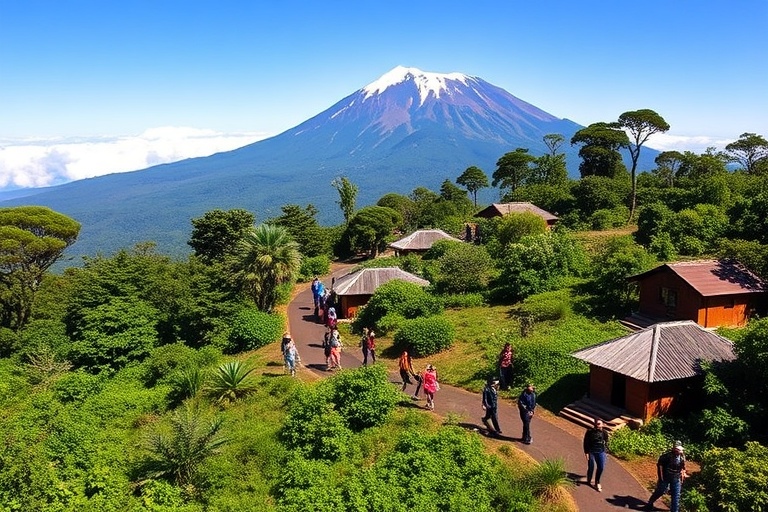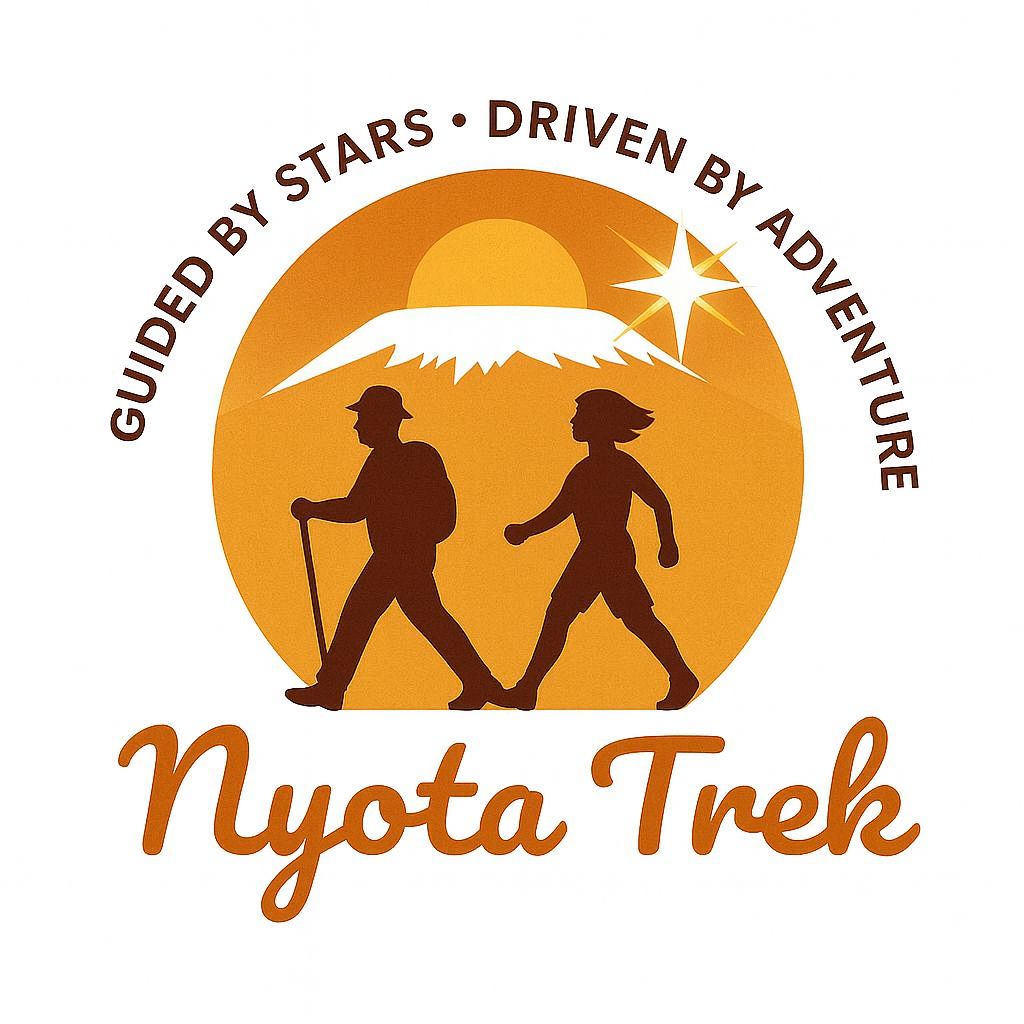Climb Kilimanjaro with People Who Know the Mountain
Moshi-based guides. 15 years of experience. Private treks, small groups, and women-only climbs.
Why Climb with Nyota Trek
We're not the biggest company. But we do things the right way.
Locally Run
We're based in Moshi. We live here. We know Kilimanjaro because we work on it every season.
Safety Focused
Daily health checks, oxygen on hand, trained guides. We don't rush. If you need to go down, we go down.
Fair Treatment
Our porters are paid fairly and carry safe loads. This is how it should be done.
Women-Only Treks
Female guides lead women-only climbs. Safe, comfortable, and professionally run.
Clear Communication
No surprises. No hidden fees. We tell you what to expect, and that's what you get.
Small Groups
We focus on private treks and small groups. You get attention, not a crowd.
Popular Kilimanjaro Routes
Choose your perfect route. All packages include professional guides, meals, accommodation, and park fees.

Marangu Route
The only route with hut accommodation. Perfect for beginners with gradual ascent.
Machame Route
Most popular route with diverse scenery and excellent acclimatization opportunities.
Lemosho Route
Most scenic route with fewer crowds and excellent summit success rates.
